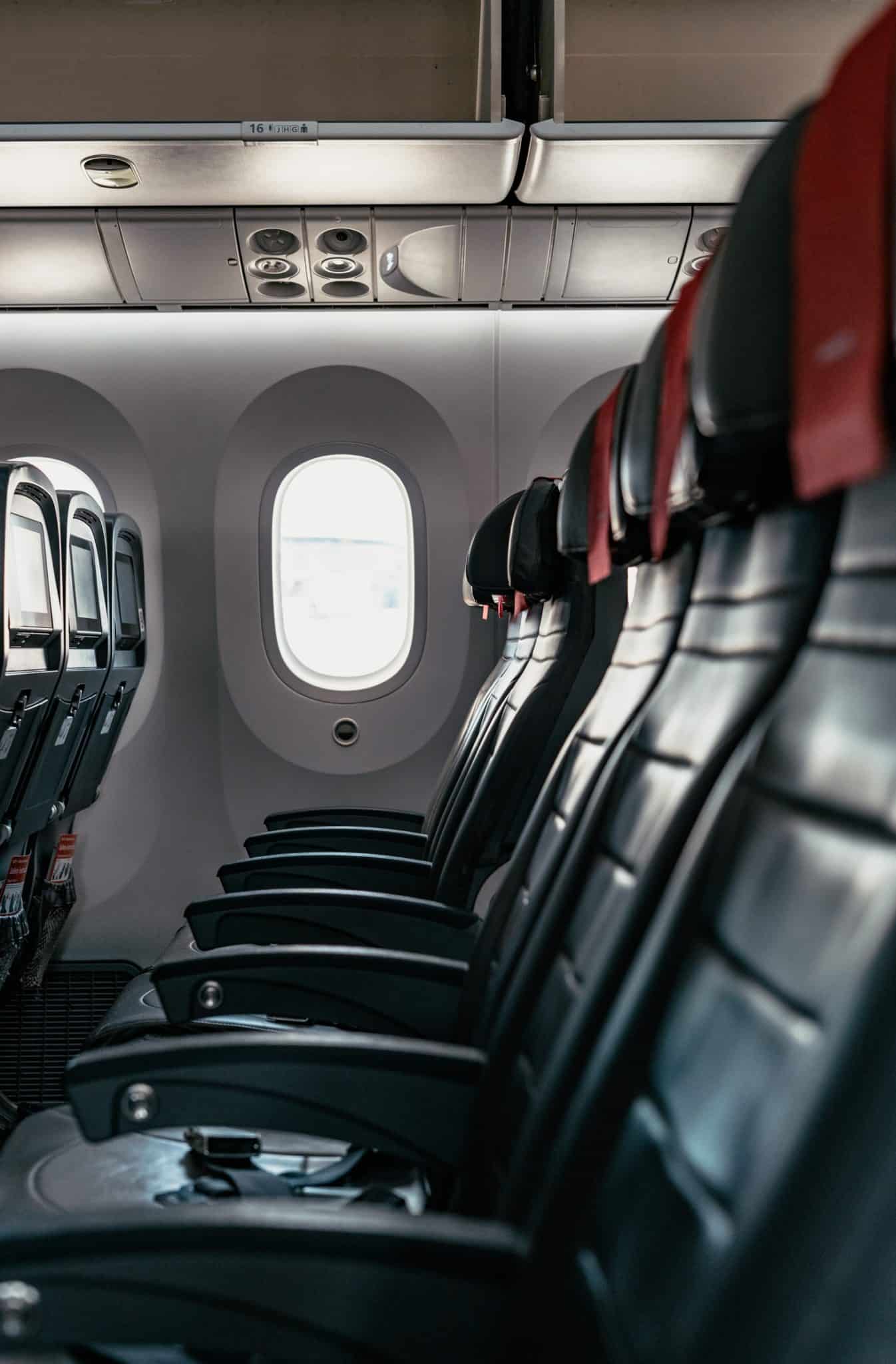
Alexandra Butler is a student at Harvard Law School.
The Labor Department reported 1.48 million new unemployment claims for the week of June 20, revealing the extent to which the pandemic continues to wreak havoc on the labor market. While the number of weekly claims has decreased since the beginning of the crisis, a recent New York Times article emphasizes the uncertainty, and as one economist terms it, “real mystery,” that surrounds understanding the effects of COV-ID 19 on employment and the job market. For example, the high weekly number of claims may be the result of several factors including bureaucratic backlog and new sector layoffs. Yet, meanwhile, these numbers may not fully capture workers’ “economic pain.”
On Monday, Mackenzie highlighted that several states have taken steps to deny unemployment benefits to those who, citing safety concerns, have declined to return to work. Maurice Emsellem of the National Employment Law Project (NELP) recommends federal law to combat this practice. In his recent op-ed, Emsellem first highlights how these policies disproportionately affect workers of color. He then points to section 3304(a)(5)(B) of the Federal Unemployment Tax Act (FUTA) as a means to protect and provide continued unemployment benefits to those who “refuse unsafe work” in the midst of the pandemic. Also known as “the prevailing conditions of work provision,” section 3304(a)(5)(B) is designed to ensure that for the purpose of unemployment benefits, requiring a person to return to work is limited by whether “the wages, hours, or any other material condition or combination of conditions of the work offered is substantially less favorable to the individual than those prevailing in the locality for similar work.” Such conditions “include health and safety rules.”
A recent National Labor Relations Board decision limited the extent to which employees can expect privacy on work-related devices and in personal property while at work. At issue was a Verizon Wireless policy that provided notice of the employer’s ability to monitor and search such property. The NLRB found that Verizon had not violated section 7 of the National Labor Relations Act, which provides employees with labor organization rights. Instead, the NLRB first reasoned that the policy with respect to work-related devices was a result of the employer’s established right to “monitor . . . employees’ company-issued . . . devices for legitimate management reasons.” For personal property, the NLRB found no violation of the Boeing test, relying on the “objectively reasonable employee” standard to evaluate a rule’s legality under section 7. The Board based this finding on a) the provided purpose of the policy and b) “the remote prospect that a search might someday occur.”
In response to the economic downturn of the airline industry, airline employee unions have requested a $32 billion increase to the initial CARES Act package provided to airlines. The original $32 billion package was designed to maintain company payrolls through the end of September, yet the unions’ new request would push that date to March 31, 2021. The unions stated that the increase “is the simplest and fastest way to maintain Congress’ historic commitment to keep aviation workers on payroll – many of whom are on the front lines of this deadly virus.”
Even as its stores begin to reopen, Macy’s will cut 3,900 corporate positions from its payroll, highlighting the pandemic’s widespread effects on retail industry jobs and the extent to which white-collar positions have been affected.





Daily News & Commentary
Start your day with our roundup of the latest labor developments. See all
April 19
Alabama and Louisiana advance anti-worker legislation; Mercedes workers in Alabama set election date; VW Chattanooga election concludes today.
April 18
Disneyland performers file petition for unionization and union elections begin at Volkswagen plant in Tennessee.
April 18
In today’s Tech@Work, a regulation-of-algorithms-in-hiring blitz: Mass. AG issues advisory clarifying how state laws apply to AI decisionmaking tools; and British union TUC launches campaign for new law to regulate the use of AI at work.
April 17
Southern governors oppose UAW organizing in their states; Florida bans local heat protections for workers; Google employees occupy company offices to protest contracts with the Israeli government
April 16
EEOC publishes final regulation implementing the Pregnant Workers Fairness Act, Volkswagen workers in Tennessee gear up for a union election, and the First Circuit revives the Whole Foods case over BLM masks.
April 15
The Supreme Court ruled in favor of bakery delivery drivers in an exemption from mandatory arbitration case; A Teamsters Local ends its 18-month strike by accepting settlement payments and agreeing to dissolve